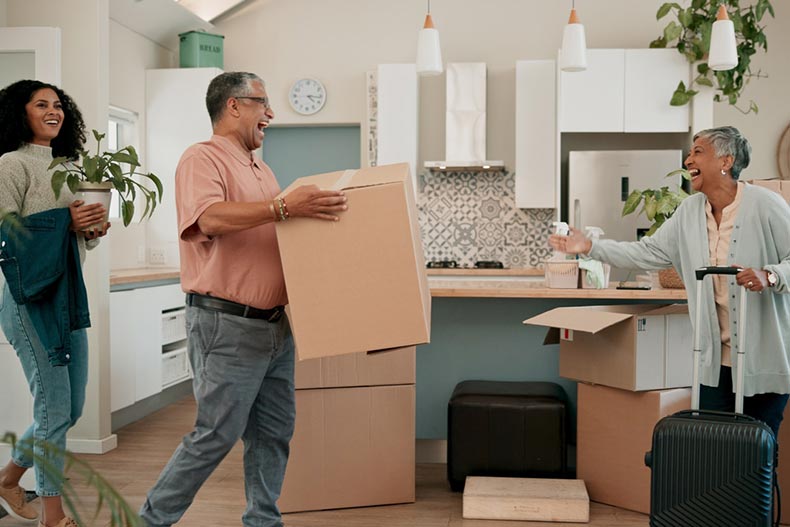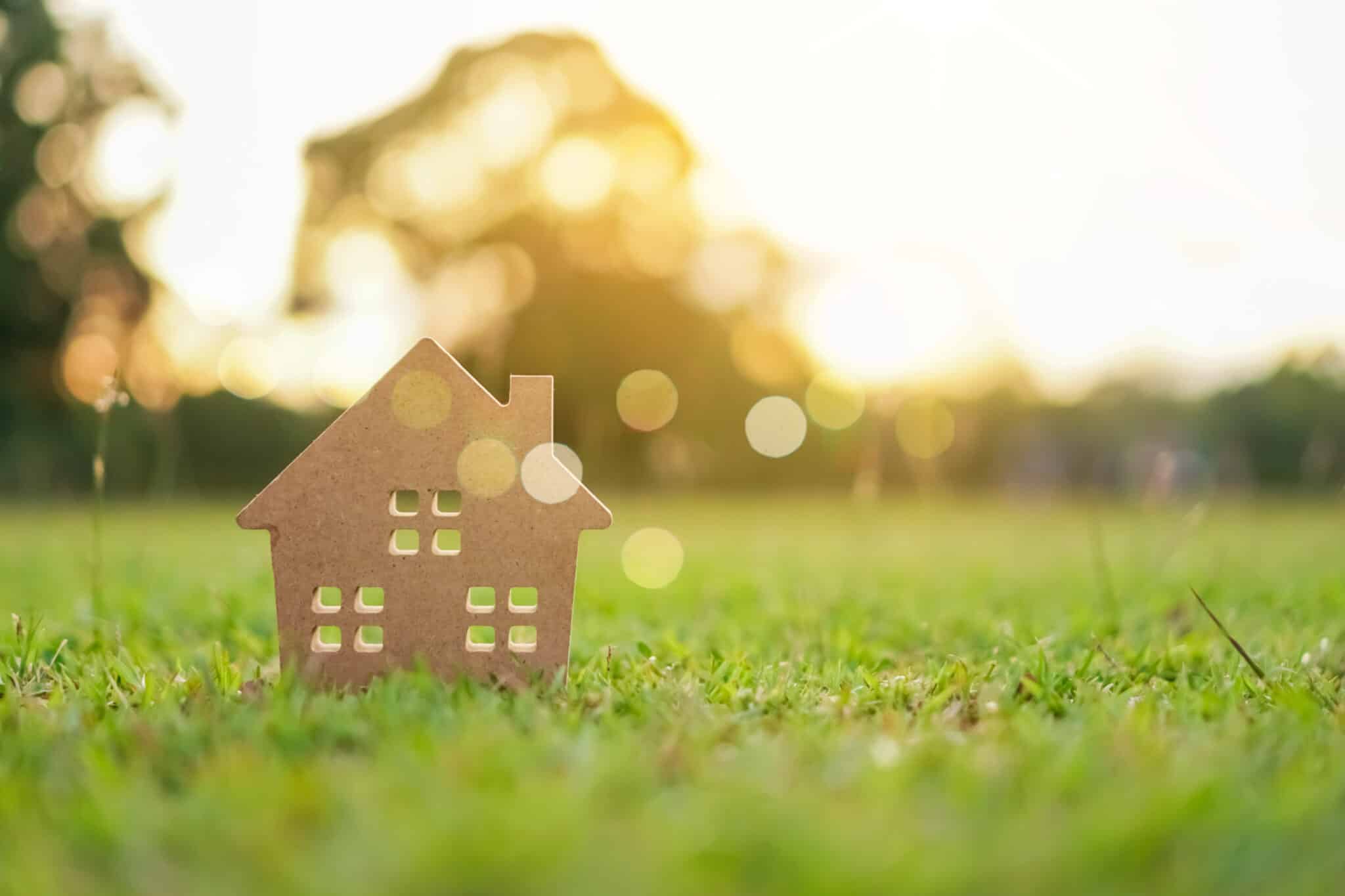Renting vs. buying: That is the question many retirees need to answer, and the choice is not exactly obvious. There are many factors to take into consideration, such as how much you want to pay, location, your personal preferences when it comes to landscaping, and more. Here’s a brief breakdown of the pros and cons to help you decide what is right for you.
Your Reasons for Moving

If you are considering renting vs buying, then it’s probably because you have either already decided to move or are seriously considering it. There could be a wide range of reasons for this, such as caring for a loved one in another state, traveling, or even just looking for a change. Whatever the reason, this will impact your decision on whether to rent or to own.
Are you in a hurry?
How quickly do you need to move? If it’s something that needs to happen now, then renting is the better option. You can apply and get approved to rent in just a few days. On the other hand, buying a home can take months and requires a lot of paperwork. If you aren’t in a hurry, then you may be better off buying a home.
How long do you plan on living in this area?
Now that you’re retired, you may be ready for a new adventure. If you have the funds, you may be able to live in one area for a while and then move on when you get tired of it. If this is the case, then renting is the best route to go. You’ll be able to lease a property for a year, and then move on to your next location. If you own your own home, you can still do this, but it will make things more expensive. Consider how settled you want to be when deciding between renting vs. buying.
Consider the Costs

How much you are willing to pay will be one of the biggest determining factors. Buying a home can seem like a real hassle. Even if you pay cash, there are still a lot of hoops you have to jump through that are rather costly.
For example, according to NerdWallet, you’ll need to be prepared to pay a down payment and closing costs. Other fees you may be looking at include house inspections, a housing buyer agent, and more. You may end up with unexpected repairs that were missed in the inspection, so it’s wise to have extra money on hand just in case.
Where do you plan to live?
Location matters when you are deciding to buy a new home. Kiplinger reports that D.C., Hawaii, California, Massachusetts, and Colorado have the highest income requirements. On the other hand, West Virginia, Iowa, Ohio, Mississippi, and Indiana cost the least.
This may make you think that renting is the way to go, but it comes with its own cost. You’ll likely have to pay security deposits, condo fees, maintenance fees, and more. You’ll have to read the terms of your lease to find out how much you’ll be expected to pay. To narrow the field, start by researching your chosen location. There are many online resources you can use, such as tax records, reviews, and more.
Once you decide on the location, check a mortgage calculator. You’ll need to include your income, as well as property taxes and home insurance. You should also find out what discounts or benefits you may qualify for, such as property tax exemptions, mortgage interest tax deduction, mortgage credit certificate, and other tax benefits that could save you money as a buyer.
How stable is your income?
Mortgage payments tend to be the same, unless you refinance for a better price, but rent can go up and down. If you need something more stable, while owning may be more expensive up front, you have the safety net of knowing that your mortgage rate won’t suddenly jump.
How liquid are your finances?
Do you sometimes find yourself in need of fast cash? If so, renting may be the way to go. You can get out of a lease fairly easily and find another place to live that is cheaper. Selling your house is an option, but it can be time-consuming and sometimes costly.
Owning Offers You More Independence

Renting has its perks, but there are also cons. The biggest is the loss of your independence. You most likely won’t be able to plant what you want if you are renting. If you want a pet, you’ll probably have to shell out more money for a pet deposit. Also, you can’t make any major design changes. If you don’t like the kitchen, you have to live with it until your lease is up.
When you own your own home, you are the boss. You can plant what you want, get the pet you want, and make any changes to the home that you want. Your ability to make those decisions is a big factor when deciding on renting vs. buying.
Do you want to leave a legacy behind?
Owning your own home allows you to pass along something very precious to your children or heirs. Whether they choose to live there or wish to sell it, your home can provide them with a future. Renting does not afford this, but if your children have no interest in your home or multiple kids who would have to share the house, then renting may be a better choice. AARP reports that you should consider factors such as how well your family gets along, how much the house is worth currently, and how much the taxes will be.
Renting Offers You More Freedom From Maintenance

While it’s true that you can’t make any major design changes if you rent, you don’t have to worry about maintenance. In many cases, someone else will do the upkeep, such as mowing the lawn, watering the flowers, and paying the cost of any repairs that are needed. When you own your own home, you’re responsible for paying for the maintenance, and it can quickly become very expensive.
Ready to Explore Your Best Retirement Living Option?
Whether you’re leaning toward the flexibility of renting or the long-term investment of buying, the right choice comes down to your lifestyle, financial goals, and future plans. If renting feels like the right fit, 55places.com can connect you with active adult rental communities that match your needs and preferences. Our knowledgeable team is here to help you navigate your options and find the perfect place to call home.
Contact 55places.com today and take the next step toward a retirement lifestyle that suits you best!








